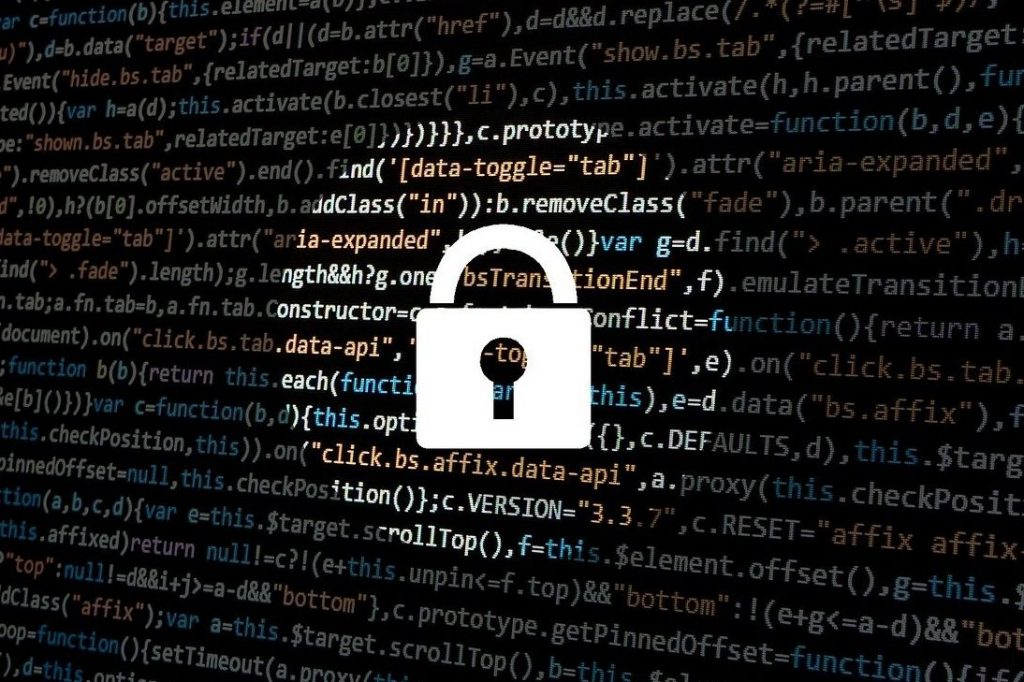For Charity Fraud Awareness Week 2020 (19 – 23 October), Dr Jason Nurse, Associate Professor in Cyber Security at the School of Computing, provides expert advice on how charity and not-for-profit professionals can stay safe online.
‘Cyber crime impacts everyone from small charities to large corporates. Fraud in particular is a leading concern as criminals look to exploit our humanity, including how we think, behave and act.
‘Cyber attacks in the charity sector have been gradually on the rise with the latest statistics finding that a quarter of charities have reported a cyber security breach or attack in the last 12 months. The COVID-19 pandemic has also led to an increase in scams targeting this sector based on phishing websites, fake emails and illegitimate phone calls.’
Dr Nurse’s top tips are:
- Be very cautious of emails, phone calls, text messages, or messages on social media (e.g., WhatsApp or Instagram) that seek to entice or panic you into take some action (e.g. clicking a link or transferring some money). If it sounds suspicious or too good to be true, it probably is!
- Store data securely and ensure that only the right people have access to it. Personal information on doners, staff, trustees and volunteers can be used by criminals for identity theft or other online attacks.
- Use a strong password as well as two-factor authentication (i.e., where you need a password and some other information to login, such as a text message to your phone). Antivirus software is also useful as it can block a range of attacks. These simplest actions can make a big difference.
- Be vigilant! This includes keeping an eye on your charity’s bank accounts and even looking out for cases where others may be using its name or logo. Companies can report fraud to Action Fraud, the national fraud and cybercrime reporting centre.Dr Jason Nurse is currently involved in a research project that is investigating the use of technologies to support charities in engaging with survivors/victims of domestic abuse or online harassment. Want to find out more or see how it may benefit you? Contact Jason Nurse.

